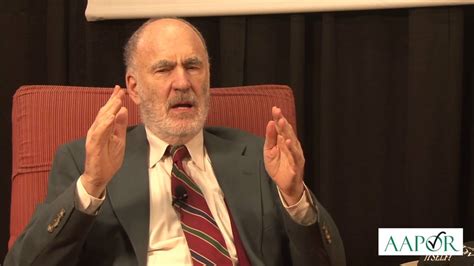A Quote by John B. S. Haldane
I have come to the conclusion that my subjective account of my motivation is largely mythical on almost all occasions. I don't know why I do things.
Related Quotes
The problem is one of opposition between subjective and objective points of view. There is a tendency to seek an objective account of everything before admitting its reality. But often what appears to a more subjective point of view cannot be accounted for in this way. So either the objective conception of the world is incomplete, or the subjective involves illusions that should be rejected.
I don’t know why life isn’t constructed to be seamless and safe, why we make such glaring mistakes, things fall so short of our expectations, and our hearts get broken and out kids do scary things and our parents get old and don’t always remember to put pants on before they go out for a stroll. I don’t know why it’s not more like it is in the movies, why things don’t come out neatly and lessons can’t be learned when you’re in the mood for learning them, why love and grace often come in such motley packaging.
The more closely the author thinks of why he wrote, the more he comes to regard his imagination as a kind of self-generating cement which glued his facts together, and his emotions as a kind of dark and obscure designer of those facts. Reluctantly, he comes to the conclusion that to account for his book is to account for his life.





































